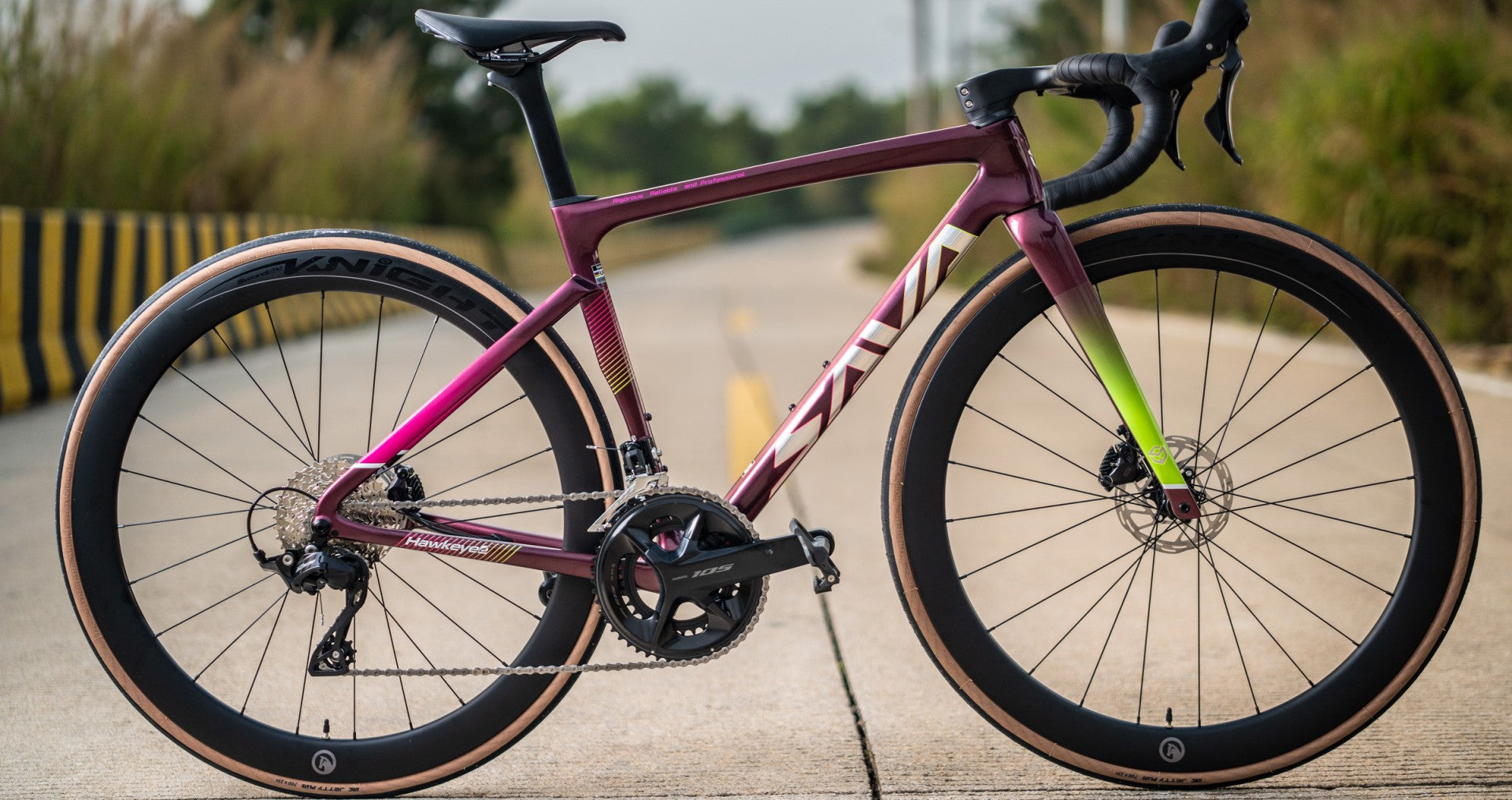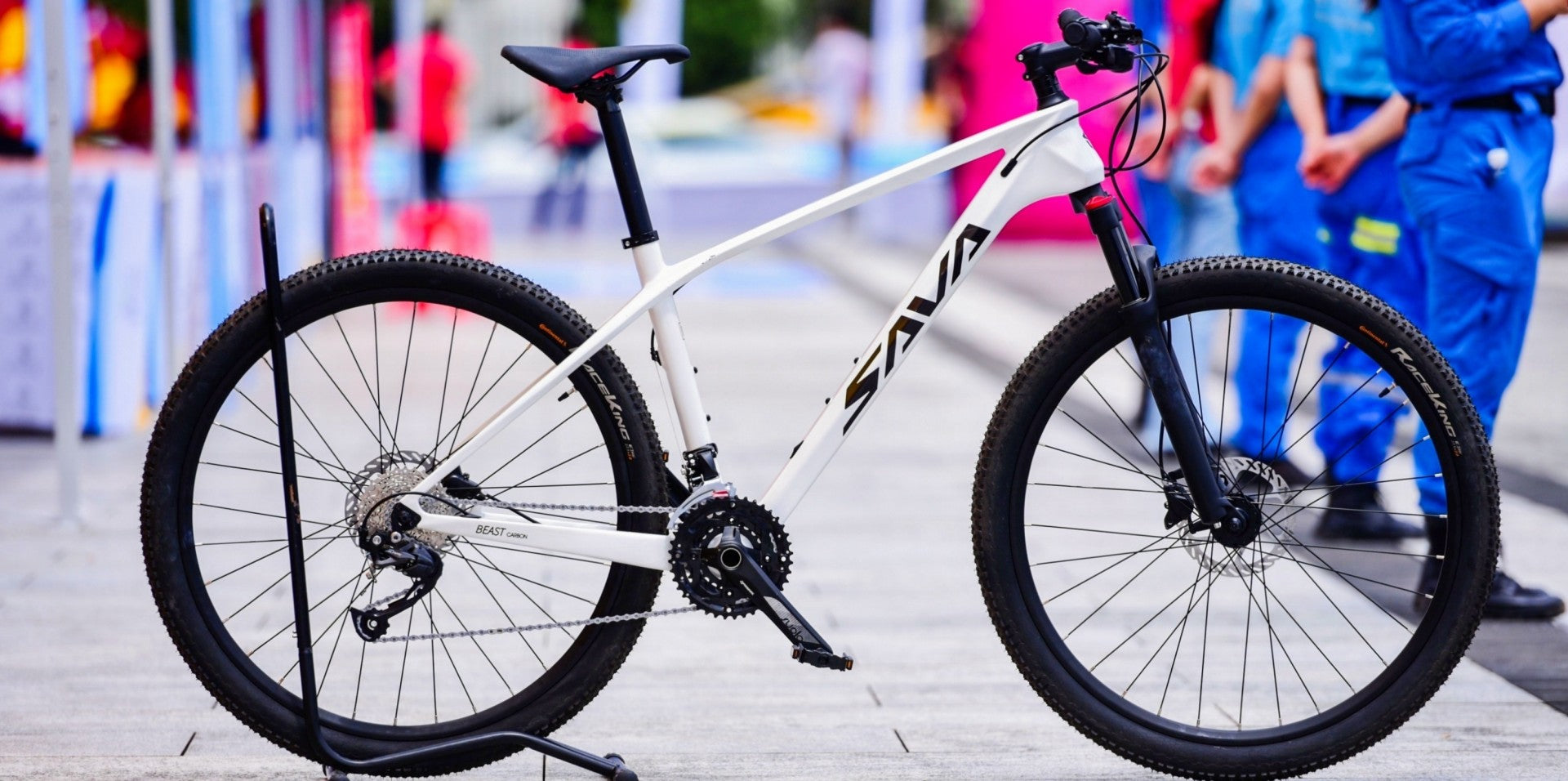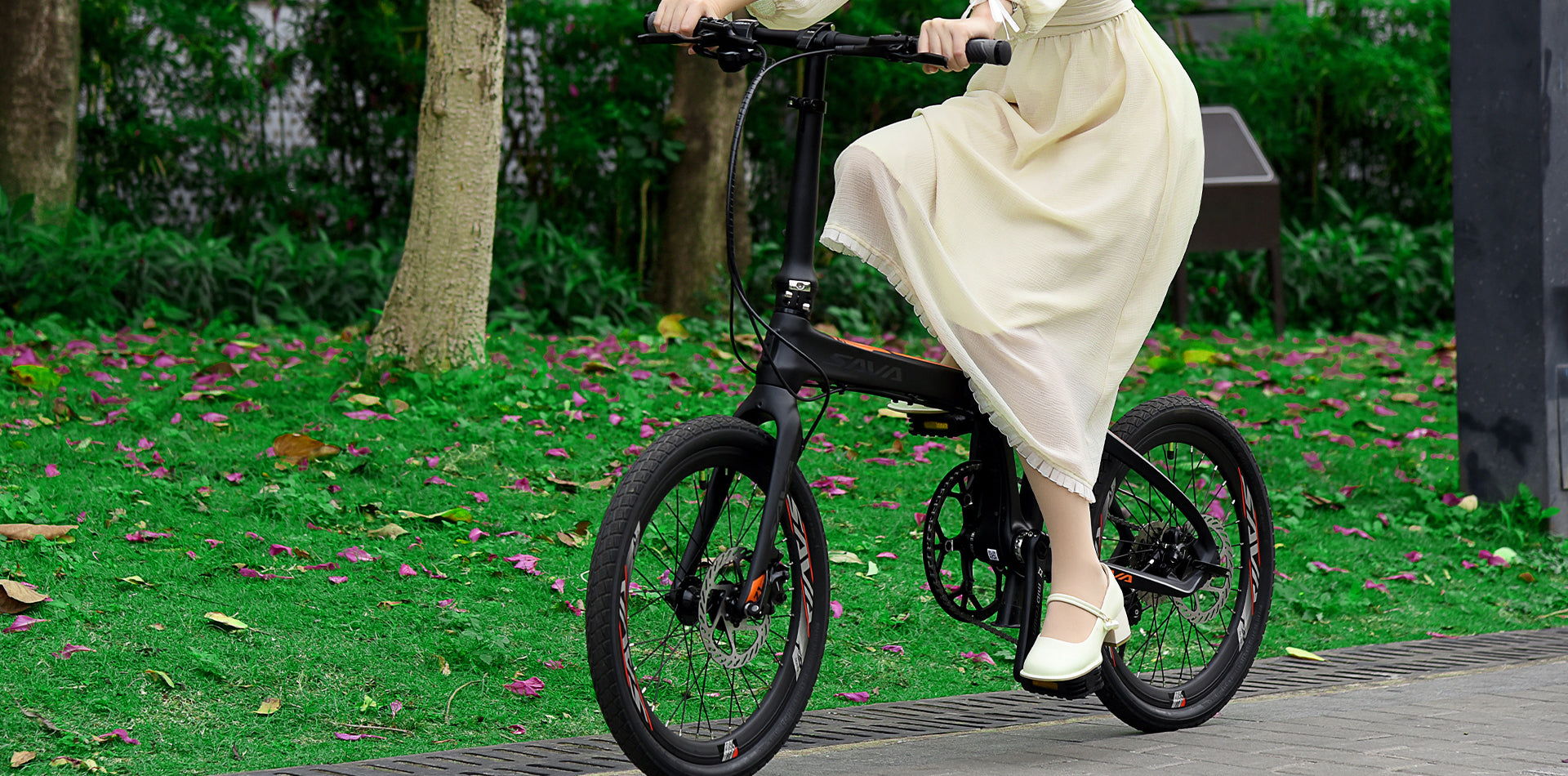Which is suitable for beginners? Hardtail mtb or full suspension?
When it comes to mountain biking, beginners often find themselves faced with a common dilemma: should they start with a hardtail mountain bike (MTB) or a full suspension MTB? Both options have their advantages and disadvantages, and it's important to consider your riding style, terrain, and personal preferences before making a decision. In this blog post, we will explore the characteristics of both hardtail and full suspension MTBs to help you determine which is more suitable for beginners.
What is a hardtail MTB?
A hardtail MTB is a mountain bike that features a suspension fork in the front, but no rear suspension. This means that the front wheel has the ability to absorb shocks and bumps, while the rear wheel remains rigid. Hardtail MTBs are known for their simplicity, lightweight design, and efficient pedaling. They are also generally more affordable compared to full suspension MTBs.
Hardtail mountain bikes feature:
- Simplicity: Hardtails have a simpler design with a front suspension fork and a rigid rear frame. This can make them easier to maintain and understand for beginners.
- Affordability: Hardtails are generally more affordable than full-suspension bikes with similar components. This can be a significant factor for beginners on a budget.
- Efficiency: Hardtails are more efficient on smooth and less technical terrain, making them great for cross-country (XC) riding and improving your riding skills.
- Weight: Hardtails are typically lighter than full-suspension bikes, which can be advantageous for climbing and overall maneuverability.
Advantages of a hardtail MTB for beginners
For beginners, a hardtail MTB offers several advantages. Firstly, the rigid rear end of a hardtail MTB provides a more direct and efficient transfer of power, making it easier to pedal and climb hills. Additionally, the lightweight design of a hardtail MTB makes it easier to maneuver and control, especially on smoother and less technical trails. Lastly, the lower cost of hardtail MTBs makes them a more budget-friendly option for beginners who are just starting out in the sport.
What is a full suspension MTB?
A full suspension MTB, on the other hand, is a mountain bike that features both front and rear suspension. This means that both the front and rear wheels have the ability to absorb shocks and bumps, providing a smoother and more comfortable ride. Full suspension MTBs are known for their superior traction, control, and ability to handle rough and technical terrains.
Full suspension mountain bike features:
- Comfort and Control: Full-suspension bikes offer better comfort and control on rough, technical terrain. They can absorb bumps, rocks, and roots, providing a smoother ride.
- Traction: Full suspension improves traction, especially on challenging trails, which can help beginners feel more confident.
- Versatility: Full-suspension bikes are more versatile and can handle a wider range of trails and riding styles, including downhill, enduro, and all-mountain.
- Reduced Fatigue: The suspension system reduces rider fatigue on long and demanding rides, allowing you to ride longer and more comfortably.
Advantages of a full suspension MTB for beginners
While a full suspension MTB may be more expensive and slightly heavier than a hardtail, it offers several advantages that make it suitable for beginners. The rear suspension of a full suspension MTB provides increased comfort and better traction, allowing beginners to ride with more confidence and control. This is particularly beneficial when riding on rough and technical terrains, as the rear suspension helps to absorb impacts and maintain stability. Full suspension MTBs also offer better downhill performance, making them a great choice for riders who enjoy more aggressive and challenging trails.
Compared with aluminum alloy mountain bikes, what are the benefits of SAVA carbon fiber mountain bikes for beginners?

Carbon Hardtail Mountain Bike

Carbon full suspension mountain bike
Lightweight performance: Carbon fiber mountain bikes are generally lighter than traditional aluminum or steel frames, which makes them easier to carry and maneuver, helping to improve the riding experience for beginners.
Stiffness and Responsiveness: Carbon frames are generally stiff, which means when you pedal, energy is transferred to the wheels more efficiently, providing faster response.
Shock absorption effect: Although carbon fiber frames are usually hardtail types without rear suspension, carbon fiber materials can help absorb some road vibrations and provide a relatively comfortable riding experience, especially on flatter and less technical roads. superior. Moreover, the SAVA carbon fiber full suspension mountain bike, coupled with the rear suspension and the shock-absorbing effect of carbon fiber, provides the rider with an extremely comfortable ride.
Durability: Carbon fiber frames generally have a longer lifespan because carbon fiber is not prone to rust, corrosion, or damage, which helps reduce the need for maintenance.
Ultimately, your choice should depend on your intended riding style and the type of terrain you plan to tackle. If you're just getting started and want a versatile bike for general mountain biking, a hardtail might be a good choice. If you have the budget and are planning to ride on more technical and challenging trails, a full-suspension bike can enhance your experience and confidence.









Lascia un commento